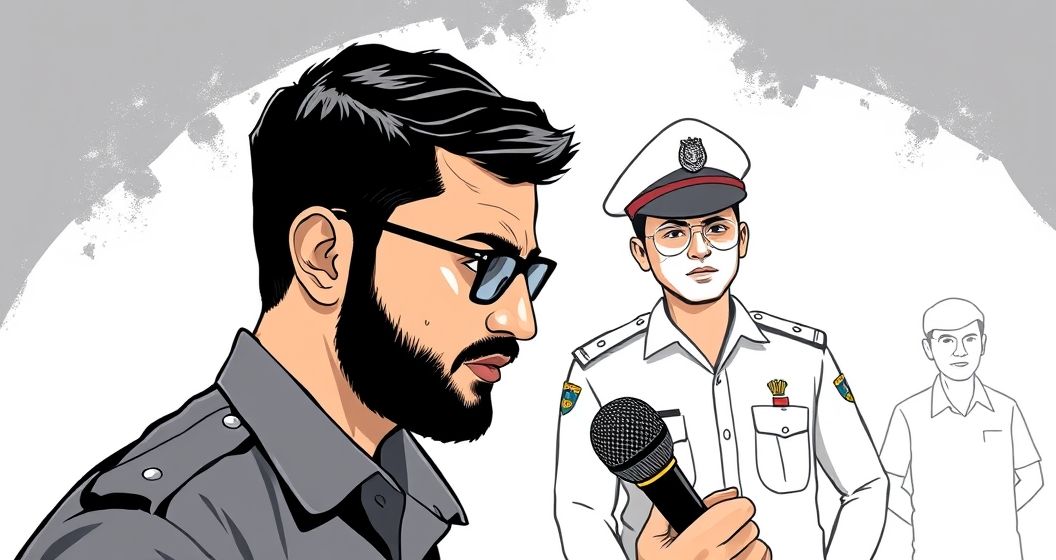The UAPA and its Implications
The UAPA, a stringent anti-terror law, has been the subject of considerable debate in India. Critics argue that its provisions are overly broad and can be used to stifle dissent and target political opponents. The application of the UAPA in cases related to the 2020 Delhi riots has further fueled this controversy. The charges against Umar Khalid and other activists are particularly contentious, with the defense arguing that the evidence presented is insufficient to warrant their continued detention under such a severe law.
Arguments Presented Before the Court
While the specifics of the arguments presented before the Supreme Court remain largely confidential until the official records are made public, it is understood that the defense is contesting the Delhi High Court’s decision on various grounds. These likely include challenges to the strength of the evidence against Khalid, arguments against the application of the UAPA in this specific context, and assertions of violation of fundamental rights. The Delhi Police, on the other hand, will be expected to present counter-arguments justifying the continued detention and the application of the UAPA.
The Road Ahead
The Supreme Court’s decision to seek a response from the Delhi Police indicates that the case is likely to receive thorough scrutiny at the highest level of the Indian judiciary. The upcoming response from the Delhi Police will be crucial in shaping the court’s final decision. The outcome of this case could have far-reaching consequences, not only for Umar Khalid and the other activists involved but also for the broader debate surrounding the UAPA and its impact on freedom of speech and expression in India. The anticipation surrounding the Supreme Court’s final verdict remains high, with implications for the ongoing legal and political discourse. The case continues to be closely watched by legal experts, activists, and the general public.


